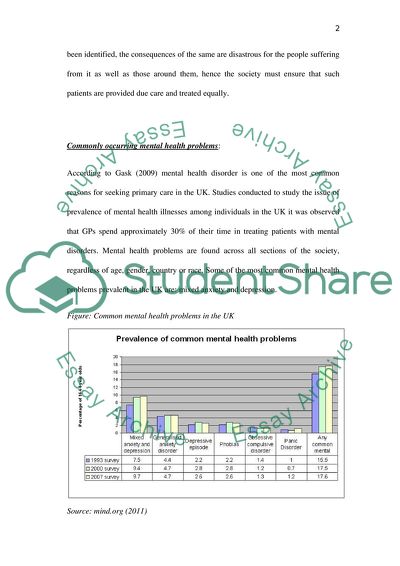Cite this document
(How Mental Health Enforces Stigma and Social Exclusion Essay, n.d.)
How Mental Health Enforces Stigma and Social Exclusion Essay. https://studentshare.org/psychology/1761816-mental-health-stigma-and-social-exclusion
How Mental Health Enforces Stigma and Social Exclusion Essay. https://studentshare.org/psychology/1761816-mental-health-stigma-and-social-exclusion
(How Mental Health Enforces Stigma and Social Exclusion Essay)
How Mental Health Enforces Stigma and Social Exclusion Essay. https://studentshare.org/psychology/1761816-mental-health-stigma-and-social-exclusion.
How Mental Health Enforces Stigma and Social Exclusion Essay. https://studentshare.org/psychology/1761816-mental-health-stigma-and-social-exclusion.
“How Mental Health Enforces Stigma and Social Exclusion Essay”. https://studentshare.org/psychology/1761816-mental-health-stigma-and-social-exclusion.


